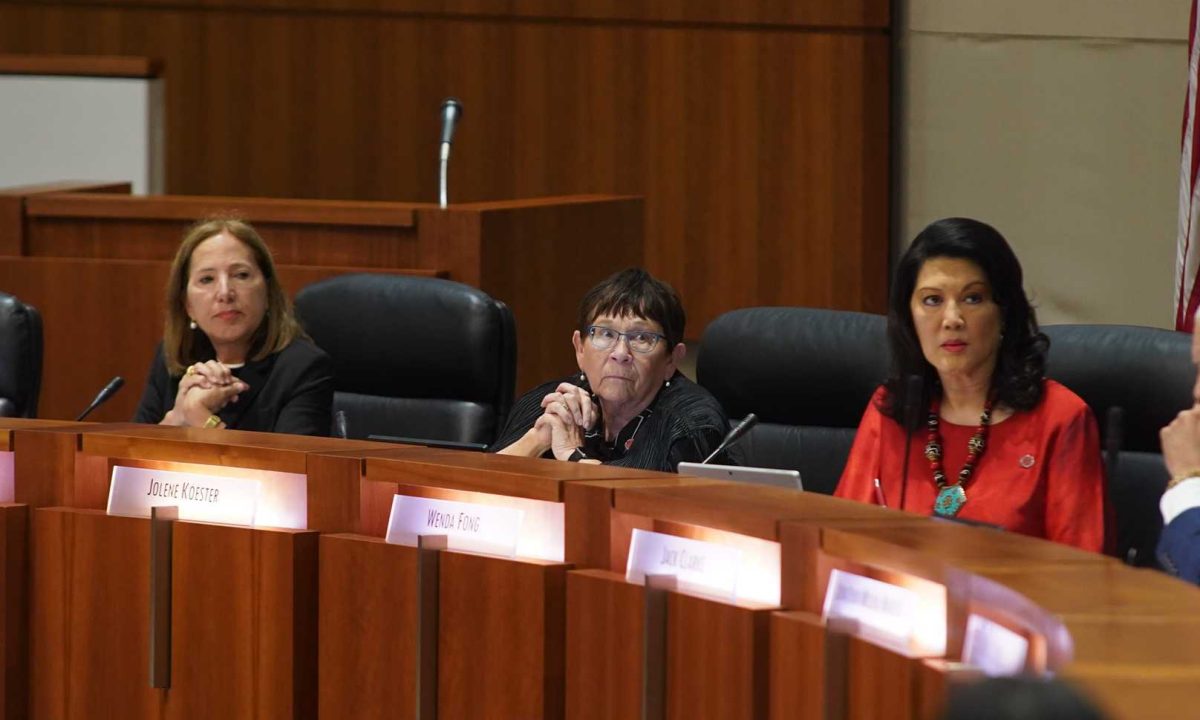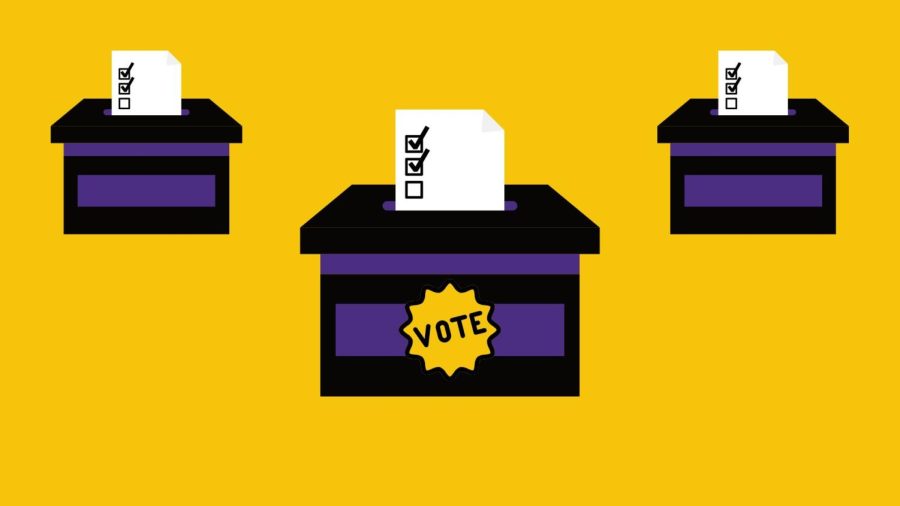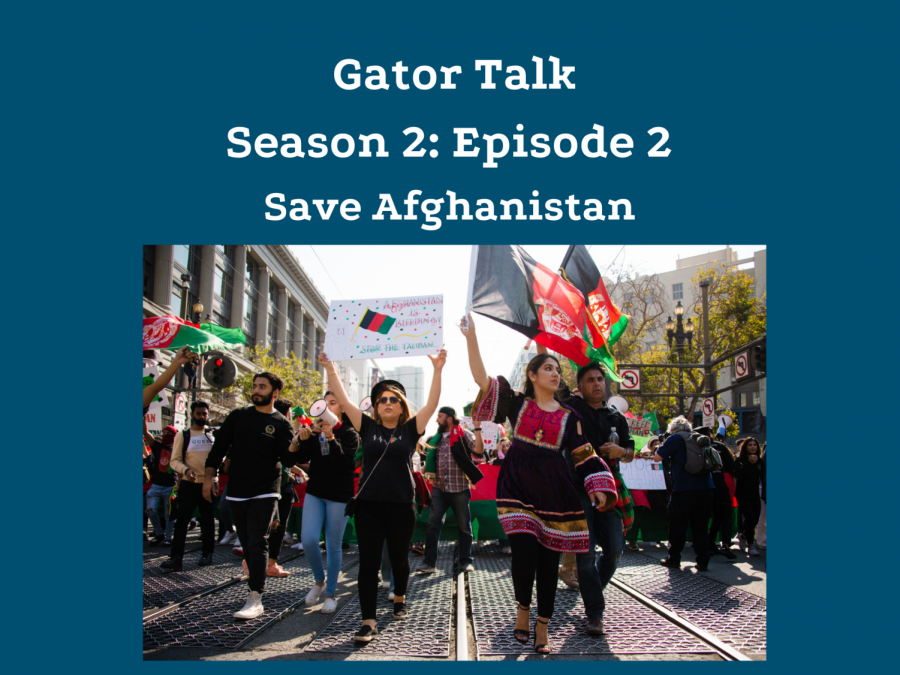A new California law that abolishes cash bail now ensures that defendants don’t sit in jail for years awaiting trial just because they’re poor, say advocates. But opponents warn the law will devastate public safety, create more overcrowded jails and give judges too much power.
Gov. Jerry Brown signed the controversial bill on Aug. 28, which comes into effect October 2019.
It replaces the current cash bail fee for defendants’ release that’s refundable when they appear at trial with non-monetary conditions for release based on a pretrial risk assessment, the court’s discretion and the defendant’s criminal record.
According to one SF State student who went through the justice system, the amount of bail imposed on some defendants is so crippling, it might as well be a prison sentence.
“I had no juvenile or adult priors and I wasn’t known to law enforcement at all, but I was hit with a $2.8 million bail,” said Steven Abundis, an SF State student.
Since he couldn’t put up the bail, he sat in jail for four years and eight months while pleading his case.
“You’re wasting your time in jail. That time is valuable. It affects your family, your bills. It can collapse families and businesses,” Abundis said. “You’re supposed to be innocent before being proven guilty.”
Abundis faced multiple charges in 2011, including murder, gun possession and drug possession with gang enhancements. He served six years in prison before turning his life around. He decided to attend college through Project Rebound, an admissions program that helps formerly incarcerated men and women earn a higher education. And he plans to attend law school once he graduates.
“The cash bail system keeps people in detention for being poor and releases people who are a threat to public safety simply because they have the money to get out,” said Katie Hanzlik, press secretary for Sen. Robert Hertzberg, D-Van Nuys, who authored Senate Bill 10 after an October 2017 report titled “Pretrial Detention Reform” recommended overhauling the bail system.
California bail is among the highest in the nation, and approximately 62 percent of California’s county jail inmates are awaiting trial or sentencing at a cost of $100 to $200 a day to taxpayers, according to a report released earlier this year by California Insurance Commissioner Dave Jones.
“People are in pretrial detention at an alarming rate,” Hanzlik said. “The original intent was not to get rid of cash bail, but to see if it was effective and reform it so people are not in jail unnecessarily.”
The most vocal opponents of the new bill have been bail bondsmen whose livelihoods will disappear once the law comes into effect. There are around 3,200 licensed bail agents and businesses in California, according to the California Department of Insurance.
“This eliminates our industry. We all shut our doors. They are putting us in a position where we cannot run our businesses,” said Topo Padilla, Golden State Bail Agents Association president.
Bail bondsmen can post bail for defendants who cannot afford it, but they collect a percentage of the bail through a non-refundable fee.
“Bail bondsmen are insurance agents. I’m selling an insurance policy that doesn’t guarantee your life, health or car. Just your appearance in court,” Padilla said.
Bail bondsmen also spend a significant amount of time tracking and apprehending fugitives that fail to appear in court. SB 10 would replace the role of bail agents with law enforcement officers, but Padilla is skeptical of this.
“Law enforcement can’t do what we do,” Padilla said. “The judges are not jumping for joy on this either.”
Even some bail reform organizations withdrew their support for SB 10, saying it will only increase the jail population and give judges too much discretion over who sits in jail.
The American Civil Liberties Union, Human Rights Watch and California Attorneys for Criminal Justice have all turned their backs on SB 10.
“SB 10 is not the model for pretrial justice and racial equity that California should strive for,” stated the ACLU in an Aug. 28 statement. “It cannot guarantee a substantial reduction in the number of Californians detained while awaiting trial, nor does it sufficiently address racial bias in pretrial decision making.”
While the Chief Probation Officers of California openly supported SB 10, the California Peace Officers Association also expressed concern.
An SB 10 fact sheet on the California Peace Officers Association states, “Without bail agents, local law enforcement agencies will have limited to no resources (to find) failures to appear.”
The association added that SB 10 could release those charged with misdemeanors “without providing the opportunity for a judge to determine whether the defendant is a risk to the victim or public safety.”
SF State’s Chief of Police Jason Wu is taking a wait-and-see approach.
“There is always a certain level of inherent risk,” Chief Wu said. “It’s important to qualify that this law does not take into effect until Oct. 1, 2019, and no one will know what the true effect will be until much later.”
Skyrocketing bail led to overcrowded jails starting in the 1980s when President Ronald Reagan’s “tough on crime” initiatives imposed harsh bail and sentences to crack down on drug use and urban disorder.
Some courts saw felony possession for cocaine and marijuana climb from $1,000 to $10,000 in 1986 as a direct result from the war on drugs, according to the Southern Poverty Law Center.
“It’s not right that we are subjected to excessive time and bail just because of what one president believed in,” Abundis said.
The California justice system has been equally displeased with overcrowding in jails, and passed Proposition 47 to help reduce inmate populations by turning some property and drug crimes from felonies to misdemeanors. There are still more than 240,000 people behind bars in the state, according to the Prison Policy Initiative.
Nonetheless, Padilla said removing cash bail takes away the justice system’s ability to impose justice.
“If you want to live in a utopian world where you want to discipline a child or criminal with veiled threats, it’s not going to work,” Padilla said.







